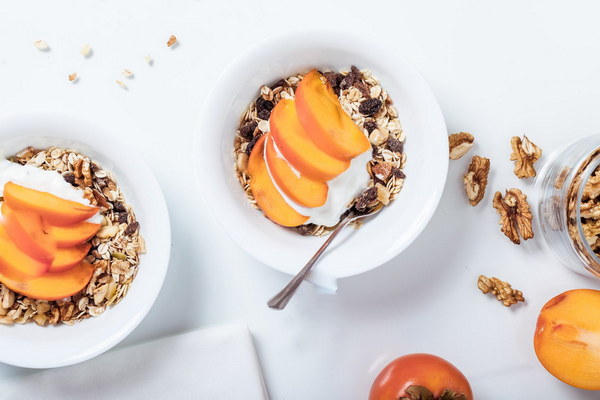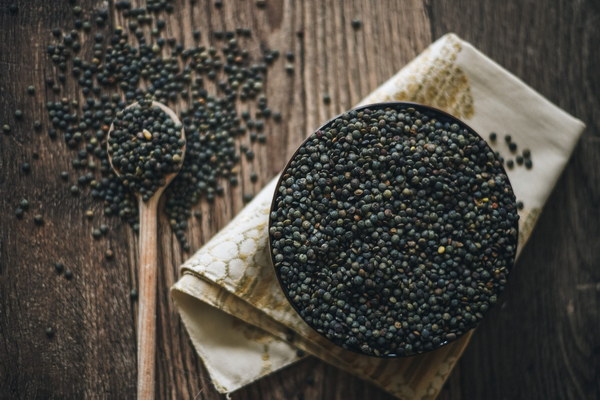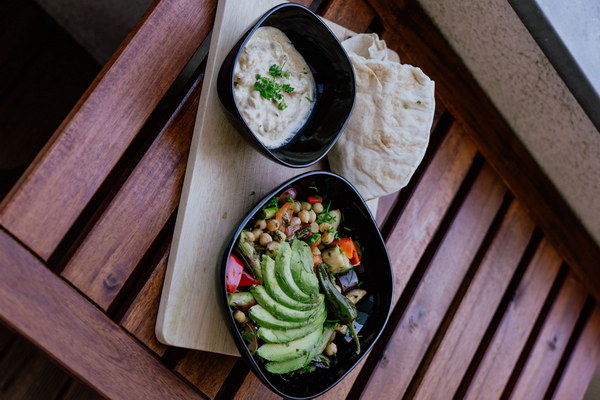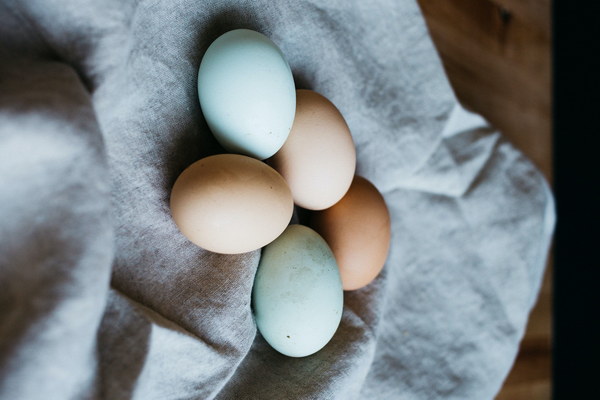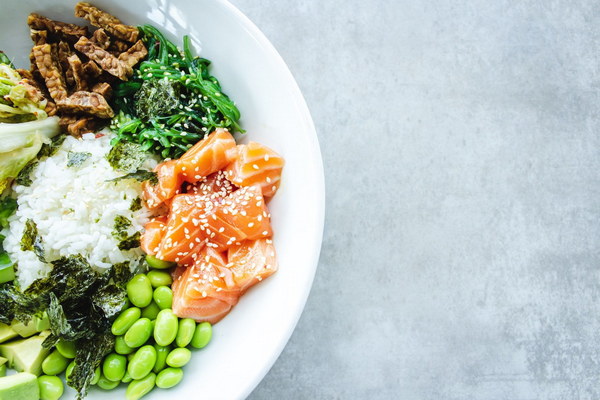Pregnancy Nutrition How to Safely Consume Bird's Nest for Supplementation
As pregnancy is a critical period where the nutritional needs of both mother and developing fetus are heightened, it's important for expectant mothers to seek out foods that can provide essential nutrients. One such superfood often recommended for its purported health benefits is bird's nest. But how exactly should pregnant women incorporate this delicacy into their diet? Here's a comprehensive guide on how to safely consume bird's nest as a supplement during pregnancy.
Understanding Bird's Nest and Its Benefits
Bird's nest, made from the saliva of swiftlets, is a traditional Chinese delicacy renowned for its supposed health benefits. It is believed to be rich in protein, amino acids, and other nutrients that can be beneficial for pregnant women. However, it's important to approach this supplement with caution and knowledge.
Selecting the Right Bird's Nest
1. Type of Bird's Nest: The most commonly used type for consumption is the swiftlet's nest. Ensure that the bird's nest you choose is of high quality and free from contaminants.
2. Source: Opt for organic or sustainably sourced bird's nest to ensure the safety and ethical treatment of the swiftlets.
3. Storage: Store the bird's nest in a cool, dry place. If it's in powder form, keep it in an airtight container.
Preparation and Consumption Methods
1. Boil the Nest: Before consumption, the bird's nest should be thoroughly cleaned and boiled. This process helps to remove impurities and prepare the nest for consumption.
2. Serving Sizes: The recommended serving size for pregnant women is typically around 3-5 grams of bird's nest per day. It's best to start with a smaller amount and gradually increase if tolerated.
3. How to Consume: Bird's nest can be consumed in various forms, including:

- Soup: Blend the bird's nest with water or milk and simmer it with fruits or vegetables like ginger, goji berries, or red dates for added flavor and nutritional benefits.
- Powder: If in powder form, mix it with warm milk or water and consume it directly.
- Sauce: Some opt to mix the bird's nest powder with a sauce and use it as a topping for desserts or savory dishes.
Timing of Consumption
1. Morning: Consuming bird's nest in the morning can help provide the necessary nutrients for the day ahead.
2. Evening: For some, having bird's nest in the evening can be a soothing and nourishing way to wind down after a long day.
Safety Precautions and Considerations
1. Consultation: It's crucial for pregnant women to consult with their healthcare provider before adding bird's nest to their diet. This is especially important if there are pre-existing health conditions or if there are concerns about potential allergies.
2. Avoid Overconsumption: While bird's nest is considered safe for most pregnant women, consuming excessive amounts can lead to adverse effects. Stick to the recommended serving sizes.
3. Quality Assurance: Ensure that the bird's nest is free from contaminants, as improper handling or storage can lead to health risks.
4. Allergies: As with any food, there is a possibility of an allergic reaction to bird's nest. If there is a history of allergies, it's best to avoid it entirely.
By following these guidelines, pregnant women can safely incorporate bird's nest into their diet as a nutritional supplement. Always remember that while bird's nest may offer potential health benefits, it should not replace a well-balanced diet and medical advice. Enjoy the journey of motherhood with the right balance of nutrients and care.
